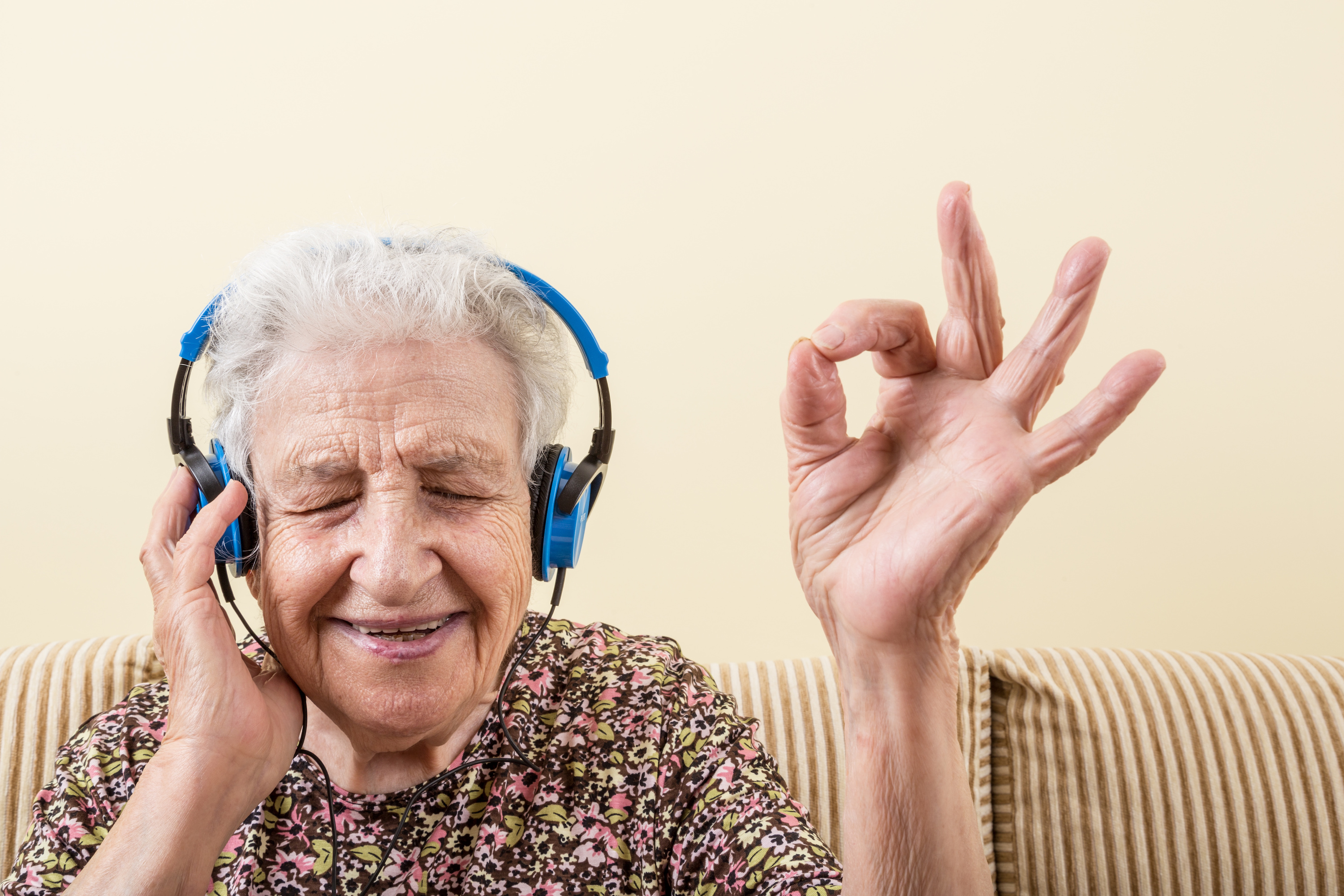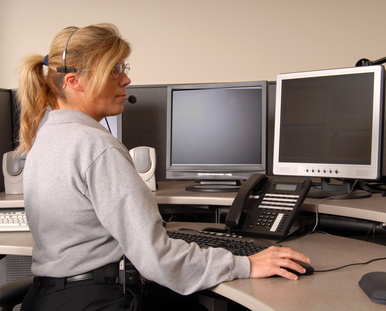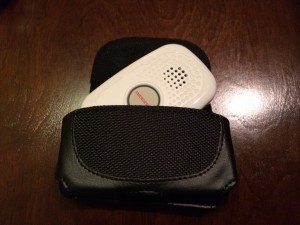How Accurate is Fall Detection For Seniors?
The newest innovation in the medical alert business is the fall detector. It is a sensor on a medical alert button that purports to automatically detect when a wearer has fallen, and then calls a monitoring center so help can be dispatched. But many companies are refusing to use it, saying the technology is just not reliable.
Some companies think they have perfected the system and proudly offer it. Not many major medical alert company uses fall detectors as part of its systems. So who is right, does fall detection really work?
Falls are serious business for seniors. Studies show a third of all seniors will suffer a fall each year. Some 23,000 deaths are attributed to falls annually. Even if a senior survives a serious fall, it could begin a downward spiral that eventually leads to death.
This is why fall detectors arouse such strong feelings. If there were a way to accurately detect falls, then every company would offer it and it is likely that every senior would spend the extra money per month to buy it
But the criticism is strong. Fall detector use accelerometers and gyroscopes to monitor a person’s movement. Because of this, critics say false alarms are common. They say such activities as lying down, bending over, sitting down or even quick and sudden moves could trigger a false alarm. Then the user has to go through the hassle off answering a call from the monitor to tell him or her that all is well.
Another problem is that some of these systems require a user to wear more than one sensor. The more sensors, the more accurate it will be. But who wants to wear multiple sensors on their body 24 hours a day?
Some companies with medical alert systems that have fall detection do not require multiple sensors, and just have a necklace. You cannot only wear a bracelet, which is another sticking point with critics. Fall detection companies will admit they cannot detect 100% of falls. It says its track record is 95%, which is still outstanding. For example, a senior citizen or elderly person could have an undetectable fall that is a gradual slide out of a chair, which simply will not register as a fall. It’s recommended that even with the automatic detector, seniors should still press their alert button in the event of a fall.
Another problem is that it costs more money per month to have a fall detector. Critics do not understand why anyone would pay extra for a system that is not foolproof.
Wherever you fall on this argument, it is clear that fall detection is the future of the medical alert industry. Work is ongoing to perfect the technology, and hopefully sometime soon it will be offered by all companies. The sooner help arrives to senior who has fallen, the more likely it is that they will survive. That is why this is so important.
So what should you do now? Well, if you want to wait until the technology is better, you can do that. Or if you want to be one of the early adopters, then go with an alert system that has a fall detection option. The decision is yours to make.



